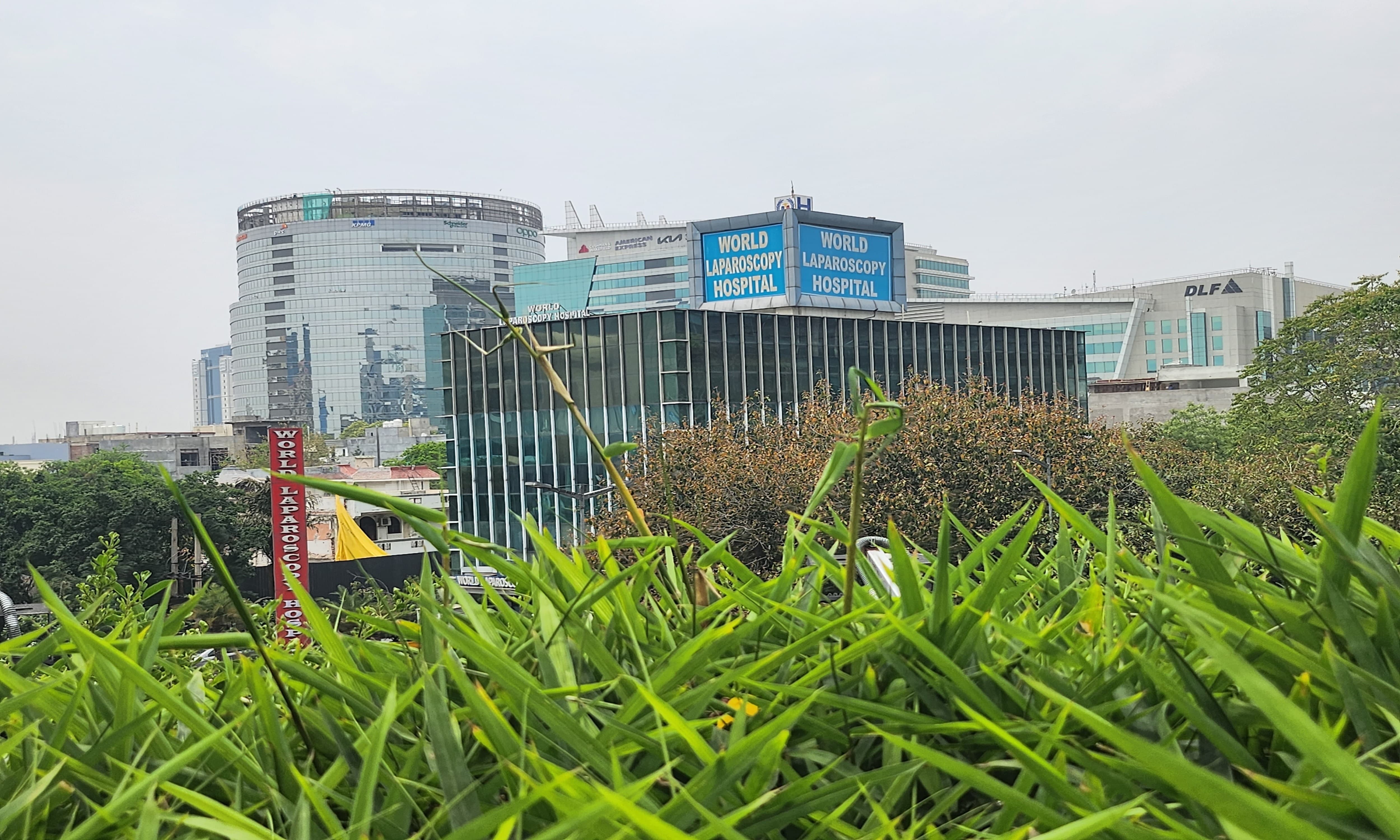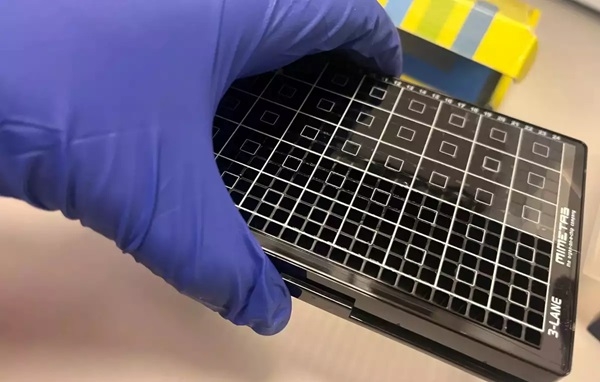
A single plate can simultaneously accommodate approximately 40 micro-placentas for investigation.
The culmination of four years of dedicated research and an investment of £3.9 million has led to the development of the iPlacenta project.
Dr. Colin Murdoch, the project's lead, stated, "The iPlacenta offers a groundbreaking opportunity for the pharmaceutical industry to explore how drugs interact with the placenta. This novel approach allows for a more physiologically accurate examination of the organ, potentially revolutionizing medical care for expectant mothers."
The research team has highlighted the placenta as one of the most under-researched organs in the field of medical science. It plays a crucial role in maternal-fetal health by facilitating the transfer of nutrients from the mother to the fetus and the removal of waste back into the mother's bloodstream. Additionally, it provides a layer of protection for the unborn child against bacterial infections, although it cannot prevent viral transmissions.
Impairment in placental function can significantly endanger the health and survival of both the fetus and the mother. According to the British Heart Foundation, complications such as pre-eclampsia impact up to one in every 25 pregnancies in the UK.
